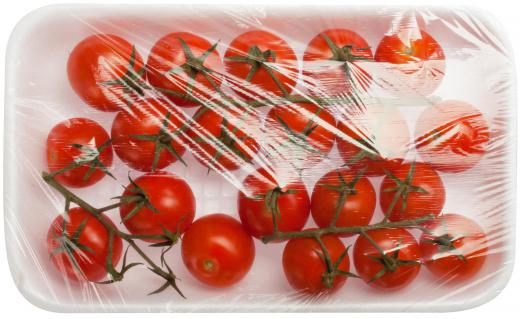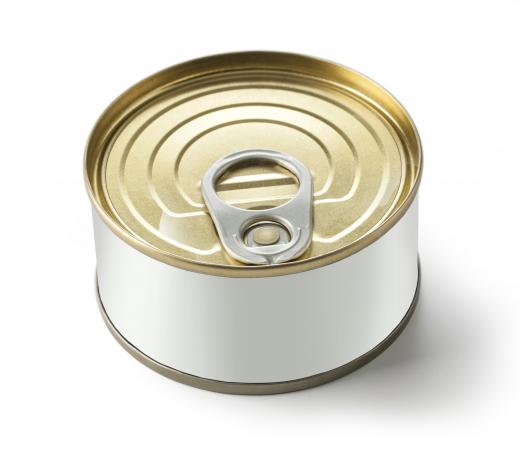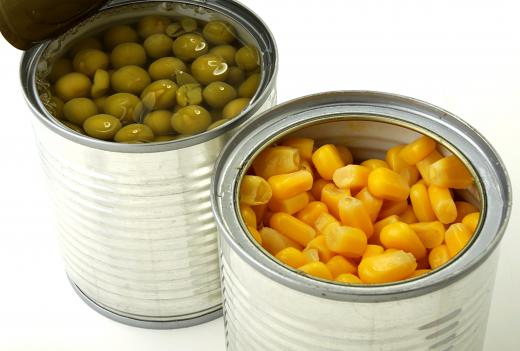Just as cars rely on fuel, so do humans rely on food as their major source of energy. The mighty food processing industry is a globe-spanning market that plays a part in the daily life of billions of people. Whether bagging flour, canning goods, or turning a dozen ingredients into a package of chocolate chip cookies, the food processing industry is responsibility for the majority of food that is prepared or packaged in any way.
Food processing, such as salting meat to make it last longer, was once a fairly localized ordeal. With the development of trade, the food processing industry began to widen markets by creating food-based goods that could be packaged and preserved to survive long, and often perilous, journeys. Throughout history, the food processing industry has played a major part in the development of cultural exchange and global diversity, as foods once limited to a small area by shelf-life and packaging concerns were brought to a wider audience through technological developments in the industry.

The food processing industry tends to specialize in two areas: food preparation or food packaging. Many processing plants are able to do both tasks: turning raw ingredients into a prepared food and then packaging it for shipment. Some, especially those that deal with one product such as eggs or milk, may only package goods for shipping. Small farms may also have their own processing plants, to package goods like eggs, cheese, nuts, and fruits, for sale.

The existence of food marts and supermarkets is largely due to the prevalence of the food processing industry. In order to survive, a market must be able to balance the supply and demand for goods. The use of food stabilizers and preservatives in the processing industry can greatly extend the shelf-life of many goods, meaning that grocery stores need to replace expired goods far less often. Almost any food, from bread to canned corn, may be viably sold in a grocery store thanks to the technological developments of the processing industry.

Identifying processed food helps make informed purchases and manage personal health needs. Understanding processed food is especially relevant if you are on a special diet. If you use health apps to track your meals, such as keto diet apps, you need to enter accurate food information for the app to work. Processed foods often have different nutritional qualities than their non-processed counterparts. Some main differences between processed and unprocessed foods include salt quantities and preservatives.

As such a vital industry to human existence, the food processing industry is usually strictly regulated out of concern for food safety. Improperly prepared foods, such as contaminated meat, have the potential to cause widespread illness and even fatalities if they are distributed. Regulatory agencies frequently have extensive standards regarding the preparation of food, testing for contamination, and workplace hygiene. Nevertheless, food safety is an ongoing issue of concern in the food processing industry, especially as safety standards may vary between regions.

